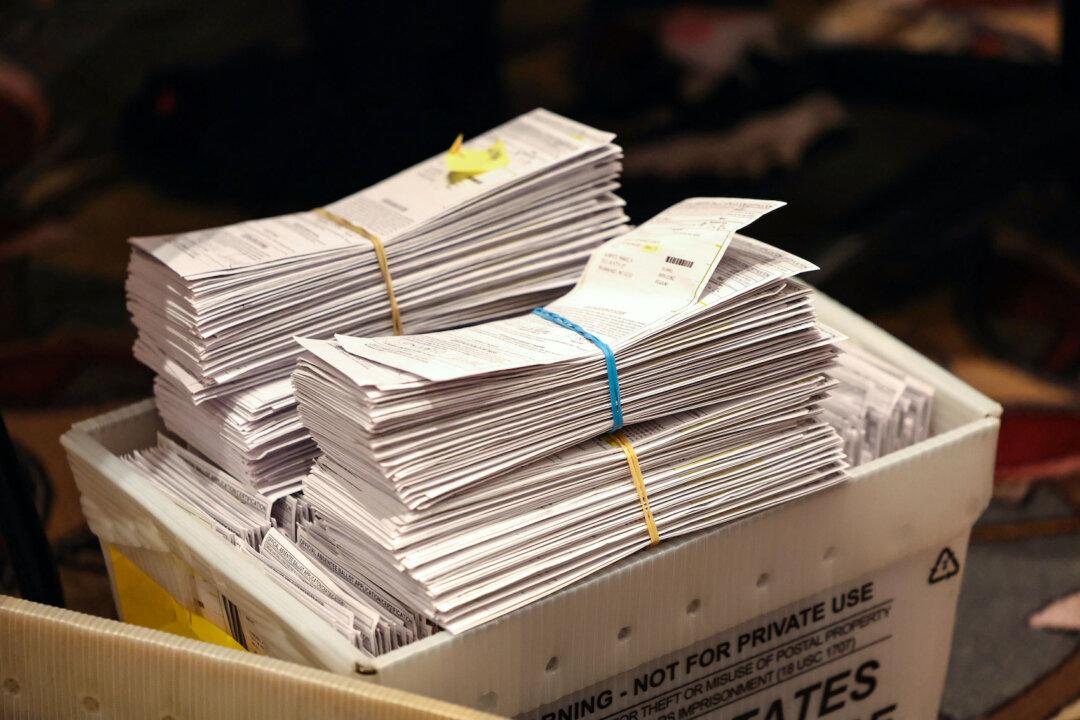Robert F. Kennedy Jr. is suing to remove himself from the Wisconsin presidential ballot after the battleground state’s election commission voted to keep him on it.
In the lawsuit, filed Sept. 3 in Dane County Circuit Court, attorneys for Kennedy accused the elections commission of discriminating against him over the ballot withdrawal request.





